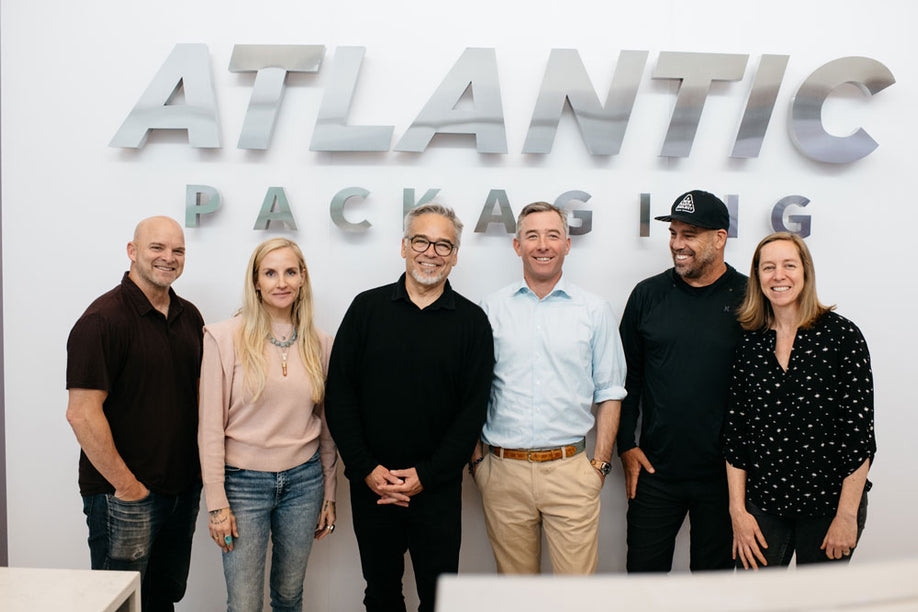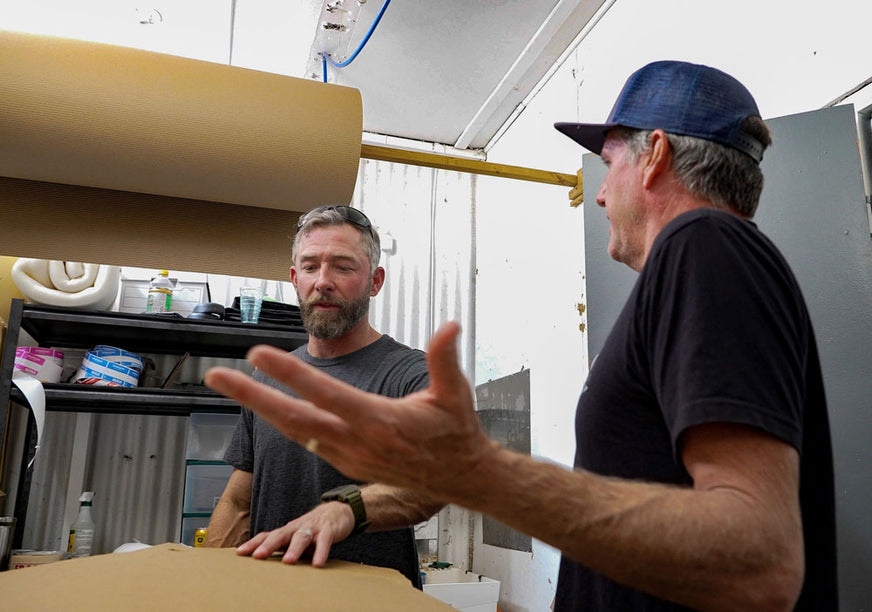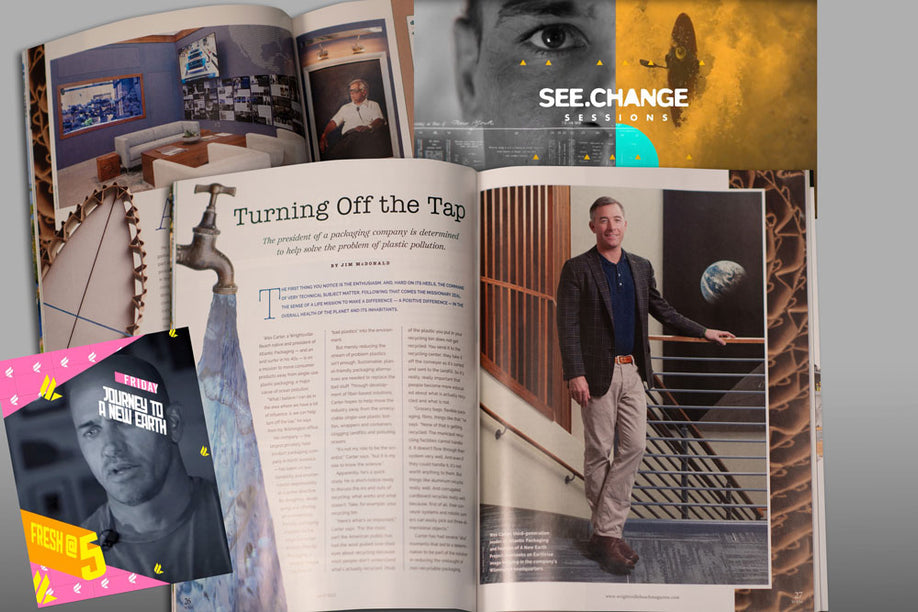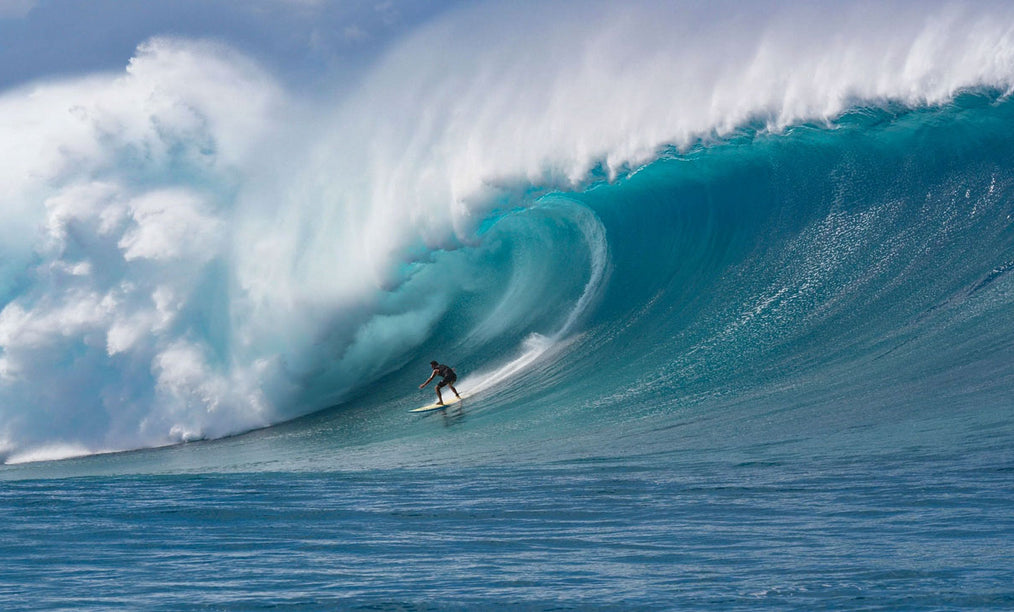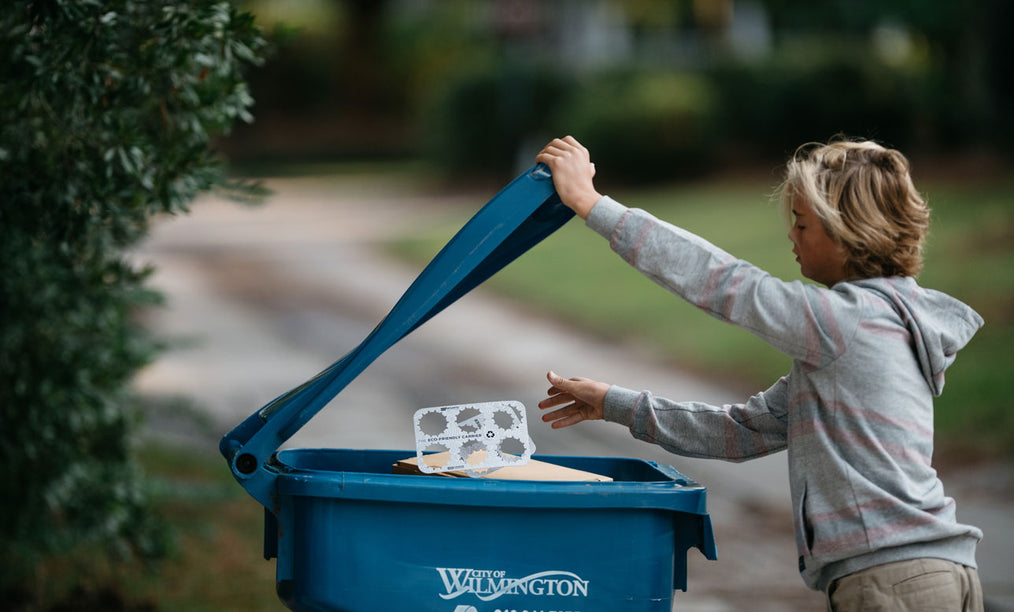Ah, waste management - the unglamorous underbelly of civilization, the unspoken, unsung hero of our modern existence. Without it, we'd be up to our eyeballs in the horrific byproduct of our consumerist lifestyles.
But here's the rub: while you might be reveling in the luxury of having your trash whisked away every Tuesday like clockwork, a vast swathe of humanity is still wondering when the hell their trash truck is ever going to show up.
Spoiler alert: it probably won't.
Continue reading below or listen now:

In many developing nations, trash collection is about as rare as a caviar-stuffed unicorn. There are no efficient systems in place to handle the mountains of garbage that accumulate daily, leaving residents to fend for themselves with an unsavory list of DIY waste management options: burn it, bury it, or toss it into the nearest body of water - the possibilities are as endless as they are environmentally disastrous.
But before we point fingers at the developing world for their subpar waste management systems, it's important that we take a good hard look in the mirror. It's easy to forget that we, the shiny, happy, people riding high on our horses in the developed world, own a huge piece of this international mess.
You see, we've become experts at exporting our own waste - and not just the physical kind, but worse, the pervasive spread of our disposable culture and our penchant for churning out endless products, each swaddled in layers of planet-choking packaging that we foist on the rest of the world.
Did you know that the average person in a developed country generates about 2.2 pounds of trash per day? That's nearly 800 pounds of trash per person per year! And with a significant portion of that waste coming from packaging, it's no wonder the developing world is drowning in a sea of discarded wrappers, containers, and bottles.
The truth is, we've got ourselves a global garbage conundrum, because scaling a good waste program is about as easy as teaching a cat to juggle chainsaws, but that doesn't mean we shouldn't try.
Tackling this trash problem head-on starts with recognizing the collective responsibility we share in addressing waste management issues worldwide.
First, let's turn our attention to reducing waste at the source. That means rethinking our product designs, packaging materials, and consumption habits. Sure, it might require a little extra effort, but the alternative is turning our planet into one giant, festering landfill.

There are dozens of Extended Producer Responsibility (EPR) bills addressing this very issue at the moment, and as they take effect in the years ahead, we could and should see major progress. But it absolutely needs to be done right to if it's to catch on.
In the meantime, we must support the development of efficient waste management systems and infrastructure in countries that desperately need them. This could involve investing in recycling programs, waste-to-energy facilities, and public awareness campaigns to promote proper waste disposal practices.
That last paragraph, to be clear, represents a decades long struggle. But it's a crucial component of ensuring a sustainable future for all. In the meantime there are several mitigation efforts that are lower cost, but higher impact.
Global organizations like The Ocean Cleanup and local outfits like Sungai Watch in Bali are proving this every day.

They're focused on cleaning up our beleaguered rivers, which in far too many places have become veritable conveyor belts of plastic pollution, dutifully delivering their toxic payloads straight into the welcoming arms of our oceans.
In fact, rivers are responsible for a whopping 80% of the plastic waste that ends up in our seas. The importance of cleaning them cannot be overstated. Not only do they provide drinking water to countless communities, but they also play a vital role in sustaining biodiversity and supporting ecosystems.
But, alas, the bureaucratic bog of red tape is often as tangled as the mess we're trying to clean up, and the snail's pace of local politics, corruption, and regulation can be a significant roadblock in getting the job done. Shining a light on these issues and getting them sorted is half the battle.

By reducing red tape, we can expedite crucial cleanup efforts, enabling innovative solutions to flourish and empowering communities to take action.
Imagine a world where armies of volunteers, armed with cutting-edge technologies, band together to wage war on the plastic menace clogging our rivers. We're talking about deploying trash-eating barges, installing interceptor devices, and even enlisting the help of good old-fashioned elbow grease to tackle this Herculean task.
Cleaning up our rivers and eliminating red tape in the process is not just an exercise in environmental stewardship – it's a testament to our commitment to safeguarding our planet for future generations. So let's roll up our pant legs, grab a net, and dive into the fray, because the river cleanup revolution starts with you, me, and every other concerned citizen who's tired of watching our waterways turn into plastic dumping grounds.

